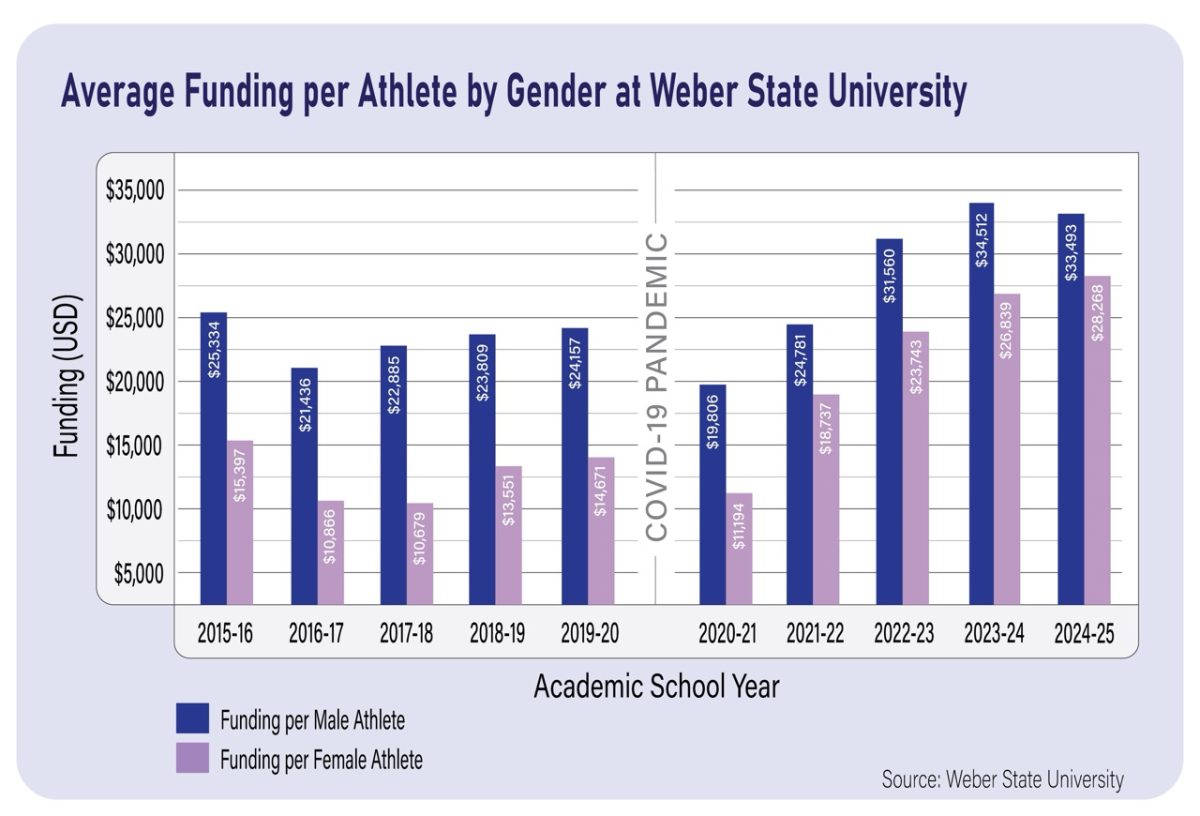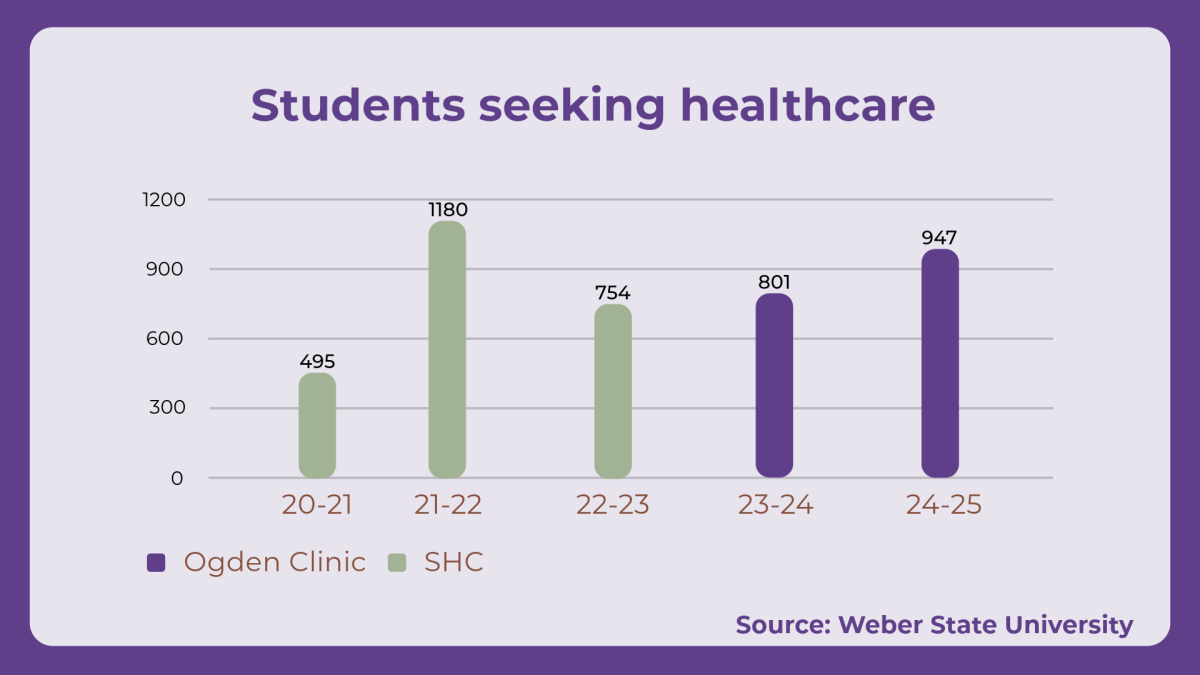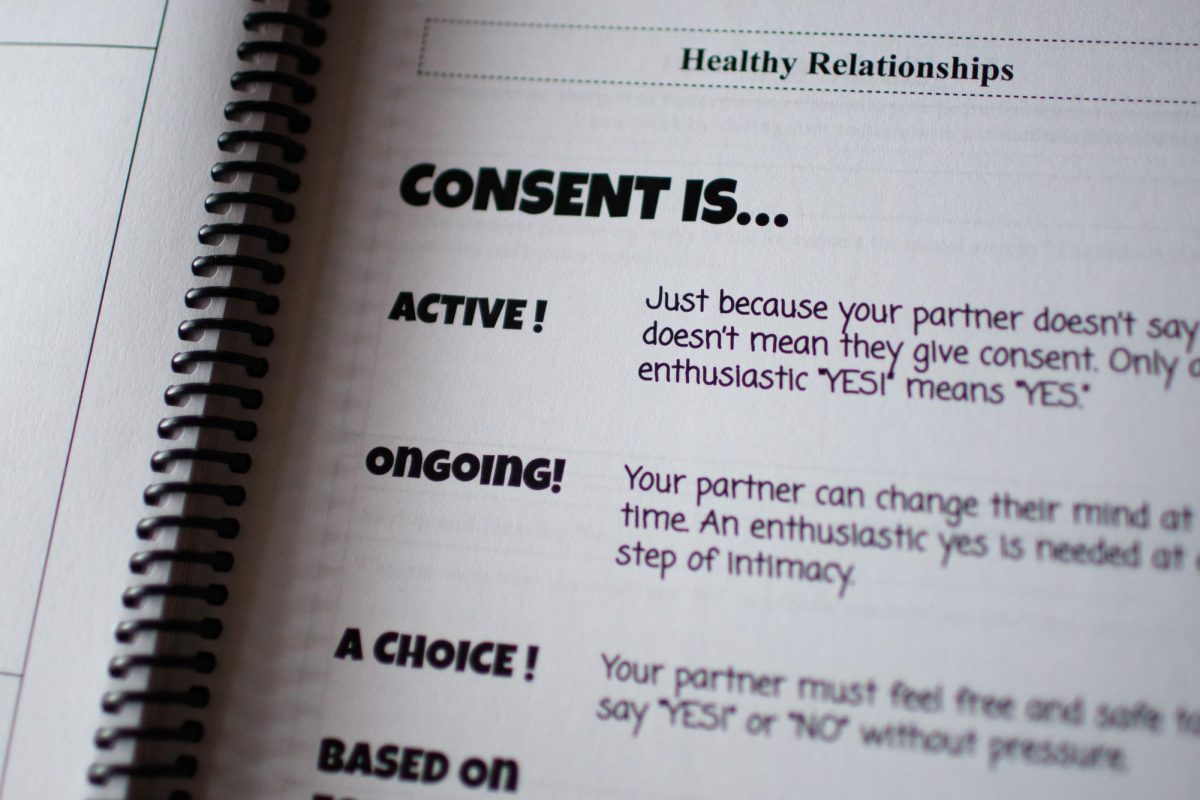
One in five women are sexually assaulted on a college campus. This could be someone you know, someone you have class with or a stranger you walk past every day.
The Women’s Center hosted a viewing of “The Hunting Ground,” a critically acclaimed documentary telling the stories of women across the country on college campuses who are survivors of sexual assault. The documentary focused on shedding light on how poorly situations like these are addressed on many campuses across the country and what activists Annie Clark and Andrea Pino decided to do about it.
Clark and Pino both attended University of North Carolina Chapel Hill, and both were assaulted on the campus. While they did not speak up at first, they eventually came together trying to figure out how to make a change on campus in regards to this epidemic, becoming anti-rape activists in the process.
The young women attempted to go through the university first but found that the process was being taken as a complete joke, so they turned to the Department of Education, filing that the school violated the Title IX code, which assures all students have the equal right to access educational programs without being subjected to discrimination.
Due to others knowing the details of their case and feeling as if they weren’t being taken seriously, they sought to prosecute their institution.
The Department of Education took their case.
The public knowledge of the case grew, and The New York Times wrote a front page piece about the young women’s allegations. That is where the backlash, hate notes and death threats came. Although no physical harm came to them, the emotional stress took a toll. However, through the bad, there was some good: the ability to give solace and a listening ear to other survivors of sexual assault.
With the growing campaign to push campuses to take allegations more seriously came investigations from the Department of Education to hundreds of colleges and universities across the nation.
Utah specifically was not mentioned in the film, but that doesn’t that mean sexual assault crimes don’t occur here.
After the documentary, a panel discussion was held where students could ask any questions in regard to what they had just seen and discuss how that relates to our campus. The panel consisted of President Wight, Chief of Police Dane LeBlanc, Dean of Students Dr. Jeff Hurst, Director of Counseling and Psychological Services Diane Abel, Director of the Women’s Center Stephanie McClure and Safe at Weber Advocate Paige Davies.
The students’ questions were detailed, and what some would consider difficult to answer. However, the panel members were able to provide answers to the students in a clear manner.
The panel also mentioned the Women’s Center’s Safe Haven training that students are encouraged to complete online. Each student on campus has been sent multiple emails in regard to completing this training, which has not been completed by as many students as they’d like.
“The best way to get students to take the training”, said President Wight, “is to hear of its importance from other students.” This answer came following the question of how the university can get more students to complete the training.
But Safe Haven goes past just the Women’s Center.
“Every single entity on campus is necessary in order make sure survivors are getting the help that they need and being responded to and to let them know the institution cares,” McClure said.

Beth Temple, the Women’s Center violence prevention lead coordinator, believed the panel was “very survivor-centric,” stating that the level of assistance offered from the various departments in the university is “one thing that sets us apart from other colleges and universities.” Temple strongly recommended that if a survivor needs assistance to reach out for help, and in particular, they can get help from any faculty member at Weber State University.
If you or anyone you know has been affected by a sexual assault, please go to weber.edu/safeatweber, www.safeharborhope.org or www.ycchope.org. These sites offer 24-hour confidential assistance.







